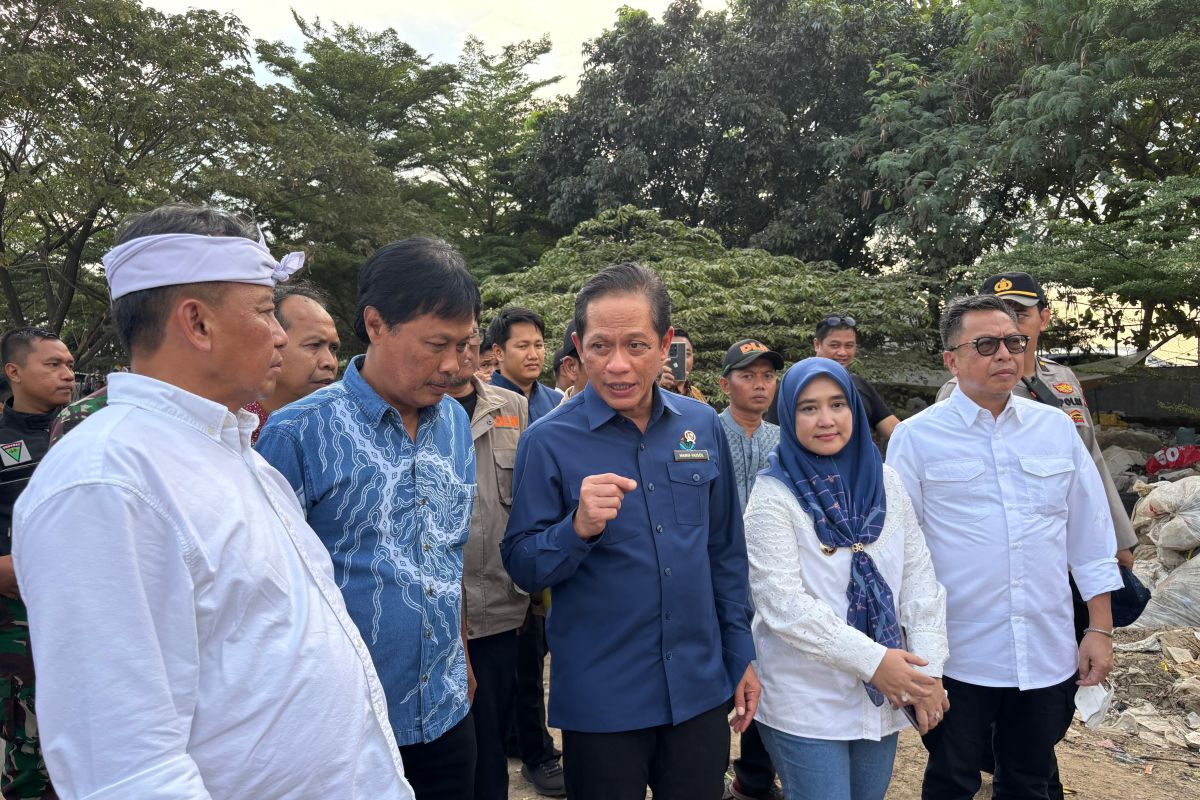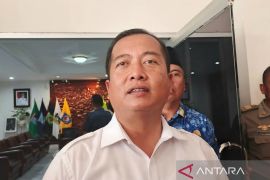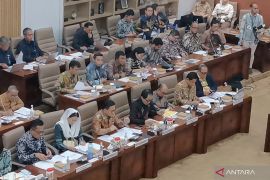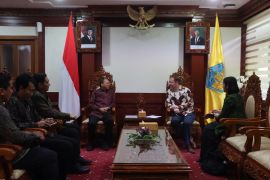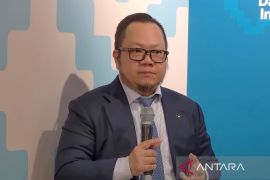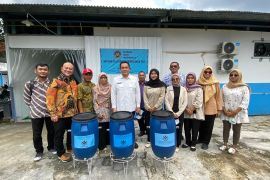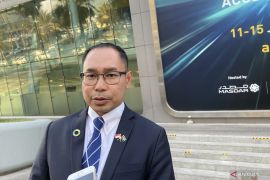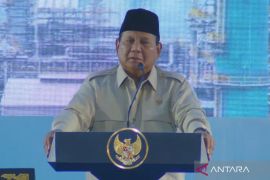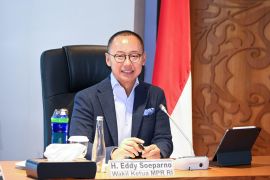Cirebon, West Java (ANTARA) - Environment Minister Hanif Faisol Nurofiq has said that President Prabowo Subianto will launch a national movement on waste handling to meet the target of achieving 100 percent waste management by 2029.During his visit to the Kopi Luhur landfill in Cirebon on Friday, Nurofiq informed that the government is targeting to manage 51.21 percent of waste this year and 100 percent by 2029.
“The President will directly lead waste management throughout Indonesia. Therefore, we will accelerate all aspects,” he said.
The target of 100 percent waste management has been outlined in Presidential Regulation Number 12 of 2025 concerning the National Medium-Term Development Plan (RPJMN).
The minister also asked regional governments to make improvements based on the provisions of administrative sanctions on 343 landfill sites (TPAs) that are still carrying out open dumping.
“If the TPA is on fire, we will apply a criminal approach related to handling the TPA,” Nurofiq stressed.
According to the minister, the upstream waste management approach involves reduce, reuse, recycle (TPS-3R) waste processing facilities and integrated waste processing facilities (TPST).
Meanwhile, the downstream waste management approach comprises converting waste into energy through waste-to-energy (WTE) and refuse-derived fuel (RDF) technologies, he said.
The plan to use waste to generate electricity can be carried out through the construction of a waste power plant (PLTSa) in areas with large waste generation, he informed.
Baca juga: Coordinating with Polri on Raja Ampat mining crackdown: govt
The presidential regulation to accelerate PTLSa construction is currently being harmonized by ministries/institutions.
Earlier in March 2025, Nurofiq emphasized that the main strategy for improving waste management begins upstream and involves waste reduction at the community level and in commercial areas, with stricter policies for actors such as universities, markets, housing, hotels, restaurants, and cafes.
Baca juga: Lifestyle change key to Indonesia's plastic waste control
His ministry is also pushing for a stronger waste sorting system to reduce the volume of waste entering landfills.
It is also seeking to involve the industry in the Extended Producer Responsibility (EPR) scheme, which makes companies the main off-takers in the purchase of cardboard and plastic waste. The aim is to ensure more recycled materials are absorbed by the industry.
Pewarta : Prisca Triferna V, Resinta Sulistiyandari
Editor:
I Komang Suparta
COPYRIGHT © ANTARA 2026
